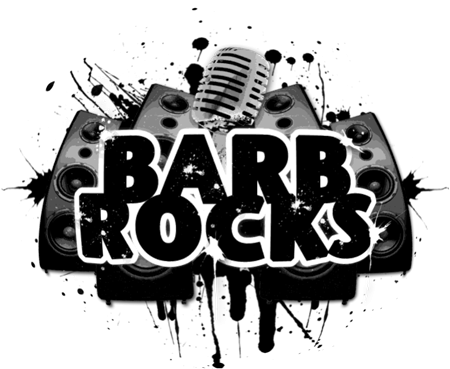The Benefits of Art and Music Therapy for Individuals in Recovery
Photo Credit: Daddy_E_Photography via Pixabay
For many years now, art and music have played a big part in the recovery of individuals who have battled things like depression, substance abuse, and PTSD. Waking up the creative side of the brain can have so many positive effects on a person’s life that music and art have been incorporated into therapies for these issues and many others. Not only can it help with expressing emotions, it can help a person become more social--effectively battling loneliness--and boost self-confidence, which is essential in overcoming many hurdles.
There are many ways to utilize art and music for the best benefits, so it’s important to find the one that works best for you. Many people who have told themselves for years that they “just aren’t creative” have found that they actually do have a hidden talent, or a passion for a form of creativity that they hadn’t previously explored. Do a little research first and explore the various ways creativity can help you overcome the things that are holding you back during recovery.
Here are a few tips on how to get started.
Learn to play an instrument
Learning to play an instrument can help you express yourself in a positive way while boosting your self-esteem, something that is so important when you are in recovery. Nowadays, it’s so easy to learn something new; there are tutorials and informative articles all over the internet, so do a bit of research to figure out what you might like to play. Woodwinds are very popular because they offer such a huge variety of sound, so you may want to start there. The saxophone and clarinet are wonderful instruments that can be adapted for many different musical styles. If woodwinds aren’t your thing, consider trying the trumpet; check out some reviews of the best trumpets on the market before you pick one up.
Help your body recover
In substance abuse recovery, it’s important to make sure that both your mind and body are taken care of. Art and music can help with both of those, and, in fact, are often employed in therapies for seniors who are in treatment for Alzheimer’s disease for that reason. Activities such as painting or playing an instrument are wonderful for gaining strength and control in the muscles, and they can both help reduce stress and lower blood pressure. Helping your body heal is a major part of recovery, and pursuing creative activities is a great way to start.
Get social
Not everyone is born knowing how to paint a masterpiece, so most of us need to learn at least the basics of art or music before creating our own. Taking a class will help you get social and make new connections, an essential part of recovery. You may feel reluctant to meet new people or talk about your past, but with creative endeavors, you don’t have to. Sharing your passion for painting or playing guitar is a way to bond with others and will help battle loneliness.
Boost your self-esteem
Turning to a creative pursuit during recovery will help boost your self-esteem in ways you might never have thought of. Learning what you’re good at and finding a passion for something new will allow you to form new friendships, take ownership of your actions, express both negative and positive emotions, and give you something to look forward to. In using art or music, you will be raising your self-esteem and self-confidence every day.
Creative activities don’t have to be limited to the visual arts or the musical; you can think outside the box and unite them, or pair music with another expression, such as dancing. Finding ways to express yourself can help you get through even the darkest of days during recovery and will allow you to live the life you want to live.
Big thanks to life and career coach Julie Morris for this great guest blog!


